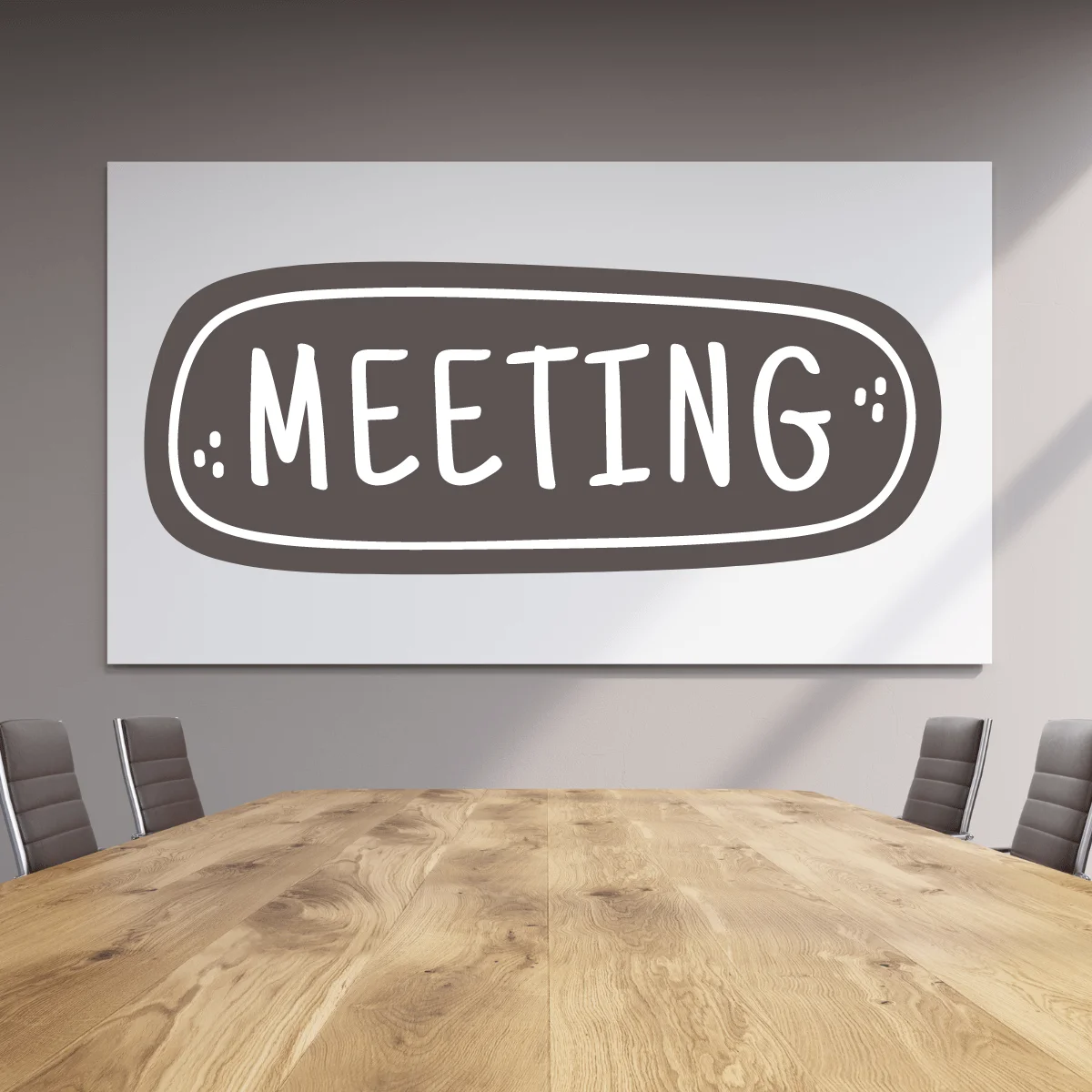The Importance of Asking Yourself These 6 Questions Before Holding a Meeting
As a manager, holding meetings is part of your everyday work life. You may have meetings to discuss company updates, client pitches, or team progress. Meetings may seem like an essential part of a workday, but they can also be a waste of time, unproductive, and tedious for attendees. That’s why managers should ask themselves these 6 questions before holding a meeting. This blog post will discuss why these questions matter, what they entail, and how they can improve meetings.
Why hold the meeting?
Before making a meeting schedule, ask yourself why you need to conduct a meeting. Clarify the purpose and agenda of the meeting. Your goal is to make sure that the meeting is productive and achieves its purpose. If you don't have a clear objective, then a meeting may not be necessary at all. Hold a meeting only if it's going to be essential to the team or company.
Who needs to attend?
Ask yourself whether you need every team member to attend the meeting. It's essential to evaluate who’ll add value, who needs to provide updates, and who can opt-out. Every attendee’s time matters, and you need to respect that. Only invite those who’ll be impacted by the meeting's outcome.
How long should the meeting be?
Before scheduling a meeting, think about how long it will take. Avoid taking too much time – instead, make the meeting as short as possible but long enough to discuss everything essential. Keep in mind that attendees have many things to do, and long meetings can make them feel restless and unproductive.
What's the format?
The format of the meeting is essential to its productivity. Decide whether you’ll be hosting the meeting physically, online, or a hybrid of both. Will the meeting be a presentation, a brainstorming session, or a Q&A? Consider providing every attendee with a clear agenda before the meeting starts. This will give them time to prepare for the meeting.
Are there action items?
Every meeting should have a purpose, and that purpose includes taking action. Before holding a meeting, ask yourself whether there’ll be action items for every attendee. Will they have a task to do or follow-up after the meeting? This step ensures that every team member knows what to do during and after the meeting.
What are the next steps?
Holding a meeting is the first step towards achieving specific goals. However, after the meeting, what next? Before holding a meeting, consider what the next steps are, what timelines would be reasonable, and how to follow up with attendees. Agree on the action items and how the team will continue working towards achieving those goals.
Important duties of a manager in an organisation
One of the most crucial duties of a manager is to hold meetings that are productive and effective. By asking yourself the six questions aforementioned, you can ensure that your meetings will have a clear objective, a select group of attendees, a reasonable length, a clear format, action items for attendees, and next steps towards achieving the meeting's goal. By answering all these questions, you create a productive and effective work environment that will lead to achieving your goals and objectives.
